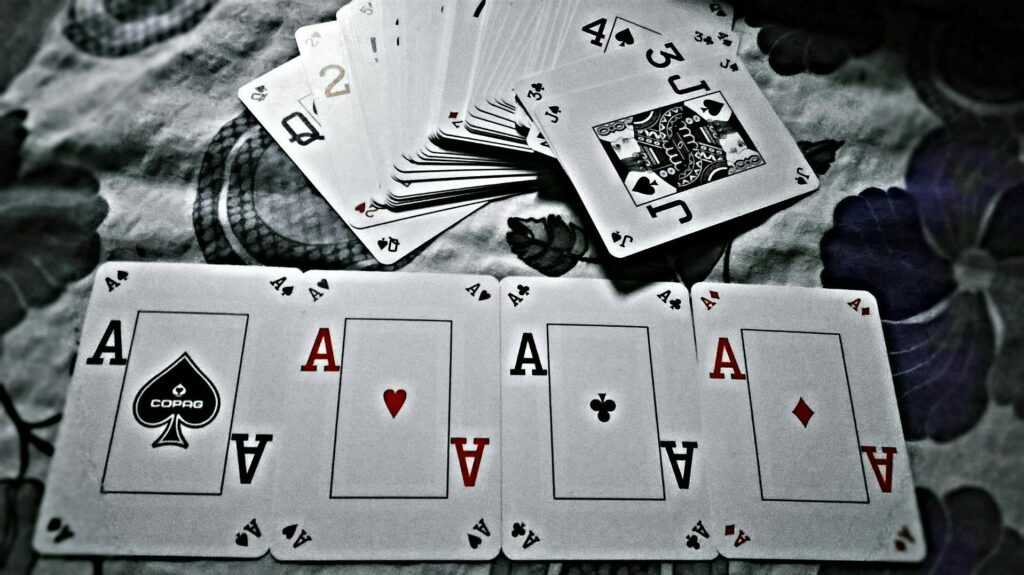Among all the weird and fascinating places on the internet, there is none as buzz-worthy and confusing as the world of NFTs. Then, suppose you mixed that electronic hurricane with the classic excitement of a poker table.
This is what the new generation of online platforms is based on, which talks of a win-to-earn revolution. Are these NFT casinos the future of digital entertainment, or are they a house of cards that is about to fall? Let’s break it down, but until then, stick to the reputable and long-standing businesses like the Cookie Casino in Ireland to make sure you’re on the safer side!
What in the World is an NFT Casino?
To begin with, you should learn the simple components. An NFT, or Non-Fungible Token, is in fact a unique piece of digitally certifying ownership that is stored on a blockchain. It may be fastened to an artwork, a music file, a video clip, or, in this instance, a digital playing card.
In a typical online poker room, you are playing with generic digital chips. You can win money, but you do not possess any of the assets of the game. An NFT casino flips this model on its head.
Here’s the Core Idea: Instead of playing with faceless chips, you buy NFT playing cards. These are digital collectibles. You might own a unique “King of Spades” or a specially designed “Ace of Diamonds” with unique artwork and properties.
You then use these cards you own to play in poker tournaments. When you win, you earn the platform’s cryptocurrency or more valuable NFTs. This is the “Win-to-Earn” model. You’re not just gambling for cash; you’re “gaming” with assets you can later sell on a marketplace.
The Alluring Promise
Proponents of NFT poker platforms paint a very compelling picture of the future. They argue that this model solves several problems with traditional online gambling.
Player Ownership and True Digital Assets
For the first time, players actually own the tools of the game. Your collection of NFT cards is your property, stored in your digital wallet. If you decide to leave the platform, you can take your cards with you and sell them to another player. This creates a sense of investment and permanence that generic digital chips can never offer.
A New Era of “Play-to-Earn”
The “Win-to-Earn” label is a direct nod to the “Play-to-Earn” gaming model popularized by games like Axie Infinity. The idea is that your skill and time can be directly monetized. A skilled poker player is increasing the value of their overall portfolio of digital assets. It blurs the line between hobby and side hustle, attracting a generation keen on finding value in their digital interactions.
Provably Fair Gaming
Because these platforms run on blockchain technology, every hand, shuffle, and transaction can be recorded on a public ledger. In theory, this makes the games “provably fair.” Players can verify that the deck was shuffled correctly and that no one, not even the platform owners, could have manipulated the deal. This is a powerful promise in an industry sometimes shadowed by doubts about integrity.
The Glaring Red Flags
For all its futuristic appeal, the NFT casino model is riddled with risks and potential pitfalls. Many sceptics see it not as an evolution, but as a dangerous and speculative bubble.
The Value Question: What Backs These Assets?
This is the billion-dollar question. What gives an NFT poker card its value? Is it the artwork? The utility in the game? Or is it purely the belief that someone else will pay more for it later?
The entire ecosystem relies on a constant influx of new players willing to buy the NFTs from existing players. If that inflow slows or stops, the value of these digital cards could plummet to zero. Unlike a company stock, which represents a share of a business with assets and revenue, an NFT card’s value is almost entirely speculative.






